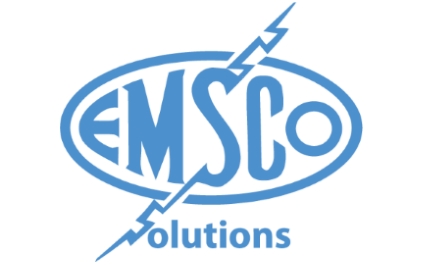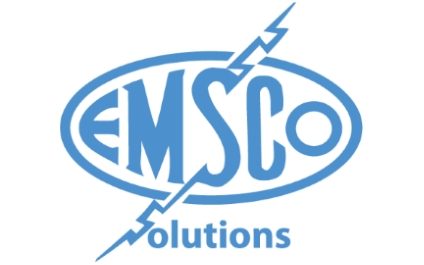 Technology is changing the face of healthcare across the nation. Oklahoma home healthcare providers must adapt and adopt the new technologies, or suffer the loss of clients or face potential legal penalties.
Technology is changing the face of healthcare across the nation. Oklahoma home healthcare providers must adapt and adopt the new technologies, or suffer the loss of clients or face potential legal penalties.
Technology is being used to meet the challenges new rules and regulations bring about, and more importantly, improve the quality of patient care. Let’s look at how home healthcare agencies in Oklahoma are using technology to stay competitive and efficient.
What is Driving Technology in Home Healthcare?
Two factors are fueling an increased interest in home healthcare. The cost of assisted living and nursing home care has grown faster than inflation while home healthcare has only increased less than 1% per year over the last five years.
An AARP study found that 90% of seniors want to live at home as they grow older. Technology being employed by Oklahoma home healthcare providers is making that desire a more realistic goal.
What are Some Specific Technologies Being Utilized by Home Healthcare Professionals?
Technological advances and new devices make it easier for patients to remain at home. This generation may have some difficulty using the devices, but soon enough the senior population will be comprised of those who are comfortable with technology.
In fact, they will expect it to play a role in their lives as they age. Moreover, the technology benefit is not confined to those wishing to age in place. Children and the chronically ill benefit from the same home healthcare improvements.
- Sensors – In 2014, remote patient monitoring device sales were over $29 billion worldwide – with most of that coming from home healthcare and outpatient health facilities. Sensors can be placed anywhere, including on patients, to assist home healthcare agencies in providing care. They can be alerted when patients miss a meal, fall, or don’t get out of bed for a long period of time. Vital measurements can be taken regularly and sent to the healthcare provider to alert them of changes before they are critical. GPS can be used in sensors to track patients – particularly Alzheimer patients who may wander off.
- Mobile Apps – Smart device, tablet, and laptop usage are commonplace in healthcare, for both the nurses and doctors in home healthcare agencies, as well as patients. 52% of smartphone owners have downloaded health information or health apps while 80% of physicians surveyed said they use smartphones and medical apps. These apps can be used by the home healthcare providers to remind patients about medication times or appointments. Patients can get in touch with their provider with a tap on an app.
- Telemedicine – Oklahoma was an early adopter of telehealth, and the state continues to advance the use and efficiency of telemedicine. Oklahoma home healthcare providers can reduce costs and be more productive by remotely contacting patients. Patients can avoid unnecessary doctor and ER visits by contacting their home healthcare provider for non-emergency situations. Telemedicine offers convenience yet provides the immediacy and personal touch of face-to-face communication.
- Electronic Health Records – Oklahoma was again a leader in implementing EHR. In 2011, the state began one of the first incentive programs in the U.S. to provide financial assistance for providers to adopt, implement, or upgrade EHR technology. Healthcare providers can be more efficient and provide better patient care with EHR and Health Information Exchanges.
Security Concerns
Earlier this year, Aspire Home Care and Hospice, one of Oklahoma’s largest home health and hospice care providers, was a victim of a cyber attack that exposed 4,278 patient records. Reports they filed indicate that the breach occurred via email, probably as a result of phishing.
This attack highlights the vulnerabilities that go hand-in-hand with an increased reliance on digital records and technology. Oklahoma home healthcare professionals need to be vigilant and call in experts, if necessary, to make sure technology is secure, safe, and does what is expected.
How do you feel technology has affected the way Oklahoma home healthcare professionals do business? Let us know your thoughts in the Comments box below.
If you own or manage an Oklahoma-based home health care agency, and you’re looking to become more efficient in the use of technology, download our free guide, Information Technology Guide for Oklahoma City Home Health Care Organizations.


You must be logged in to post a comment.